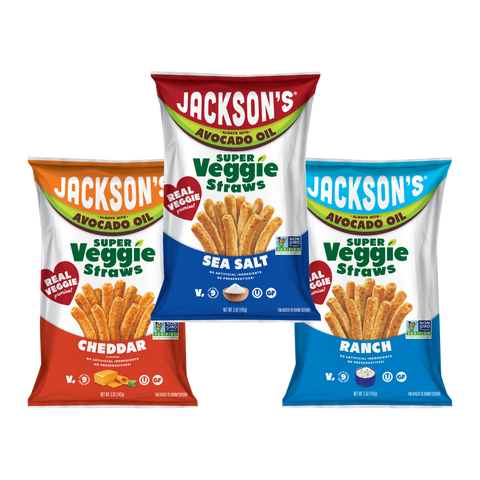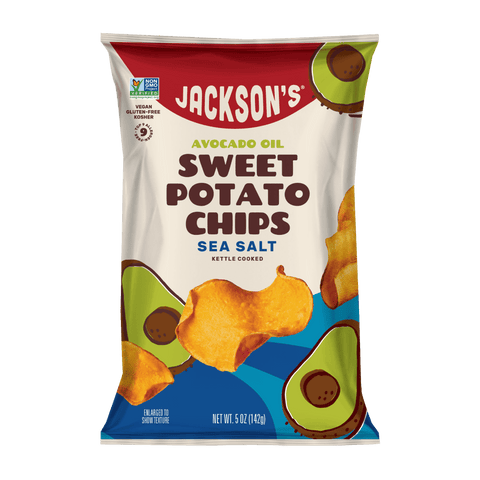Is Sunflower Oil a Seed Oil? Unpacking the Truth

You’re navigating the grocery store, armed with good intentions and a growing awareness of what goes into your food. You've heard whispers about seed oils and their supposed evils, and now you're staring at that bottle of sunflower oil, wondering: is sunflower oil a seed oil? And if so, should you be tossing it in the "avoid" pile alongside the "hateful eight?" Fear not, intrepid food explorer, because we’re about to dive deep, shedding light on this common kitchen staple. Let’s get started.
What exactly is Sunflower Oil?
Before we get into the nitty-gritty of “is sunflower oil a seed oil,” let's establish what we’re actually talking about. Sunflower oil, as the name delightfully suggests, is extracted from the seeds of the Helianthus annuus—that’s right, the common sunflower. This golden oil is a popular choice for cooking and even skin care.
Types and Varieties: Not All Sunflower Oil is Created Equal
Sunflower oil comes in different varieties. There are a few variations out there, so let’s meet them:
-
High Linoleic Sunflower Oil: This is the most common type, and it's high in, you guessed it, linoleic acid—an omega-6 fatty acid. It’s often found in conventional cooking oils and is what most people think of when they hear "sunflower oil."
-
High Oleic Sunflower Oil: This variety is richer in oleic acid (an omega-9 fatty acid), making it more stable at high temperatures and potentially a better choice for frying.
-
Mid-Oleic Sunflower Oil: A happy medium, offering a balance between linoleic and oleic acid.
The Visual and Aromatic Symphony: Color and Aroma
Sunflower oil typically has a light, golden hue and a neutral aroma. If you’ve got an oil that smells off or overly processed, it's best to steer clear. A good-quality sunflower oil should be virtually scentless, allowing the flavors of your food to shine through.
Smoke Point and Stability: How Hot Can It Handle?
The smoke point is crucial. It’s the temperature at which an oil begins to break down and release harmful compounds. Sunflower oil's smoke point varies depending on the type. High oleic versions boast higher smoke points (around 450°F), making them better for high-heat cooking, while high linoleic and unrefined versions tend to be much lower (around 225°F-350°F) and best reserved for lower-heat cooking or baking.
Rich in Vitamin E and Other Nutrients: A Little Goodness
While not a nutritional superstar, sunflower oil does offer some vitamin E, an antioxidant. However, it's important to remember that focusing on whole foods will provide a greater range of nutrients.
Sunflower Oil Concerns: Is It All Sunshine and Daisies?
Alright, let’s address the concerns. There's a lot of buzz out there about "seed oils," and sunflower oil often gets mentioned in the mix. So is sunflower oil something to worry about? Here’s the lowdown:
-
Endocrine Disrupting Chemicals (EDCs): Some industrial farming practices can result in sunflower oil that may contain trace amounts of heavy metals and pesticides. These EDCs can wreak havoc on your hormones, so opting for oils less likely to contain such chemicals.
-
Oxidative Degradation: Sunflower oil, particularly high linoleic versions, is prone to oxidation when exposed to heat and light. This can lead to the formation of harmful free radicals. This is where you need to be cautious with heat and storage.
-
Industrial Refining, Extraction, and Processing: The way sunflower oil is processed dramatically impacts its quality. Many sunflower oils are heavily processed- extracted using harsh chemical solvents and high heat, which strips away nutrients and can create undesirable byproducts. This is also why some people avoid industrial seed oils.
-
High Omega-6 Content and Linoleic Acid: The high omega-6 content, particularly in the high linoleic version of sunflower oil, is a common concern. While we need omega-6s, an imbalance with omega-3s can lead to inflammation. This is something to consider if you have existing inflammatory issues.
Is Sunflower Oil a Seed Oil? The Verdict
So, back to the central question: Is sunflower oil a seed oil? Yes, it absolutely is. Seeds are the part of the plant that are used to extract sunflower oil. And yes, it falls into the category of seed oils that many try to avoid.
Seed Oils List and the “Hateful Eight”: Where Does Sunflower Oil Stand?
The “hateful eight” is often cited as a list of oils you should avoid, which usually includes seed oils like soybean, corn, and canola oils. While sunflower oil, and the question of "is sunflower oil a seed oil" makes it fair to be grouped into this list, its standing on the "hateful" scale often depends on how it is processed and its potential inflammatory effects.
Sunflower Oil Vs. Other Cooking Oils: A Head-to-Head Showdown
How does sunflower oil stack up against its culinary rivals?
-
Avocado Oil: Avocado oil is a powerhouse with a high smoke point and a neutral flavor, and is often “considered” a better alternative. The key difference for many is that avocado oil is not a seed oil.
-
Olive Oil: Olive oil, especially extra virgin, is beloved for its flavor and health benefits. However, this non seed oil has a lower smoke point, making it potentially unsuitable for some high-heat cooking compared to some varieties of sunflower oil.
-
Cost: Sunflower oil is generally more affordable than some of the fancier oils like avocado and olive oil.
Conclusion: The Bottom Line
So, let's summarize: Yes, sunflower oil is a seed oil. Like all oils, it comes with its pros and cons. Whether it’s the right choice for you comes down to your individual health needs and priorities. Armed with this knowledge, you can make informed choices about sunflower oil and other cooking oils in your kitchen, navigating the world of nutrition with confidence.
If you're looking for snacks made without sunflower oil or other seed oils, try Jackson's – we use premium avocado oil instead.
Read further: Is Olive Oil a Seed Oil?
No Seedy Oils Here
Avocado Oil Goodness Meets Irresistible Flavor - No Seed Oils Here!
-

 8 Pack New Arrival!Variety Pack Super Veggie Straws in Avocado Oil 5oz (Pack of 8)
8 Pack New Arrival!Variety Pack Super Veggie Straws in Avocado Oil 5oz (Pack of 8)Variety Pack
Super Veggie Straws in Avocado Oil
- Size
- 5oz bags
- Regular price
- $35.99
- Sale price
- $35.99
- Regular price
-
$35.99 (Liquid error (snippets/product-price line 131): divided by 0 per bag) - Unit price
- per
-

 8 Pack New Arrival!Sea Salt Variety Pack Snacks in Avocado Oil 5oz (Pack of 8)
8 Pack New Arrival!Sea Salt Variety Pack Snacks in Avocado Oil 5oz (Pack of 8)Variety Pack Snacks
Sea Salt in Avocado Oil
- Size
- 5oz bags
- Regular price
- $35.99
- Sale price
- $35.99
- Regular price
-
$35.99 (Liquid error (snippets/product-price line 131): divided by 0 per bag) - Unit price
- per
-

 8 Pack Best SellerSea Salt Sweet Potato Chips in Avocado Oil 5oz (Pack of 8)
8 Pack Best SellerSea Salt Sweet Potato Chips in Avocado Oil 5oz (Pack of 8)Sea Salt
Sweet Potato Chips in Avocado Oil
- Size
- 5oz bags
- Regular price
- $35.99
- Sale price
- $35.99
- Regular price
-
$35.99 (Liquid error (snippets/product-price line 131): divided by 0 per bag) - Unit price
- per
-

 8 PackVariety Pack Kettle Chips in Avocado Oil 5oz (Pack of 8)
8 PackVariety Pack Kettle Chips in Avocado Oil 5oz (Pack of 8)Variety Pack
Kettle Chips in Avocado Oil
- Size
- 5oz bags
- Regular price
- $35.99
- Sale price
- $35.99
- Regular price
-
$35.99 (Liquid error (snippets/product-price line 131): divided by 0 per bag) - Unit price
- per





